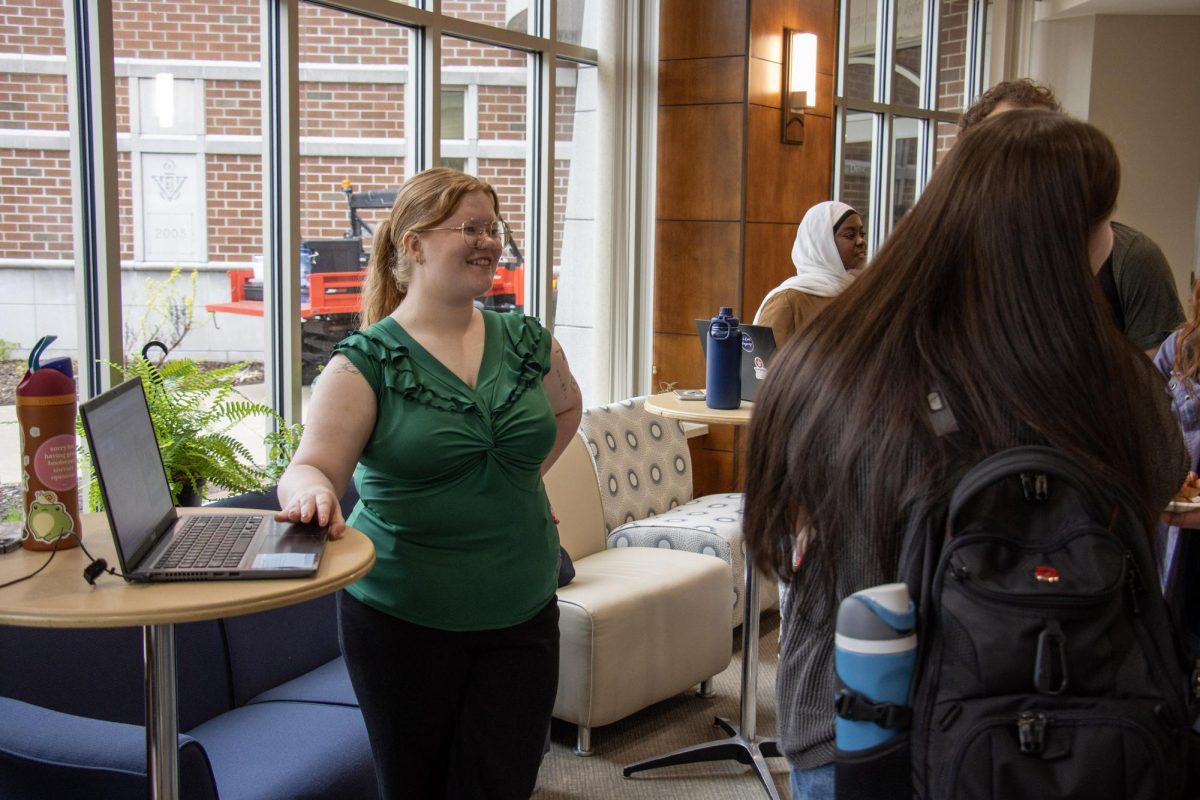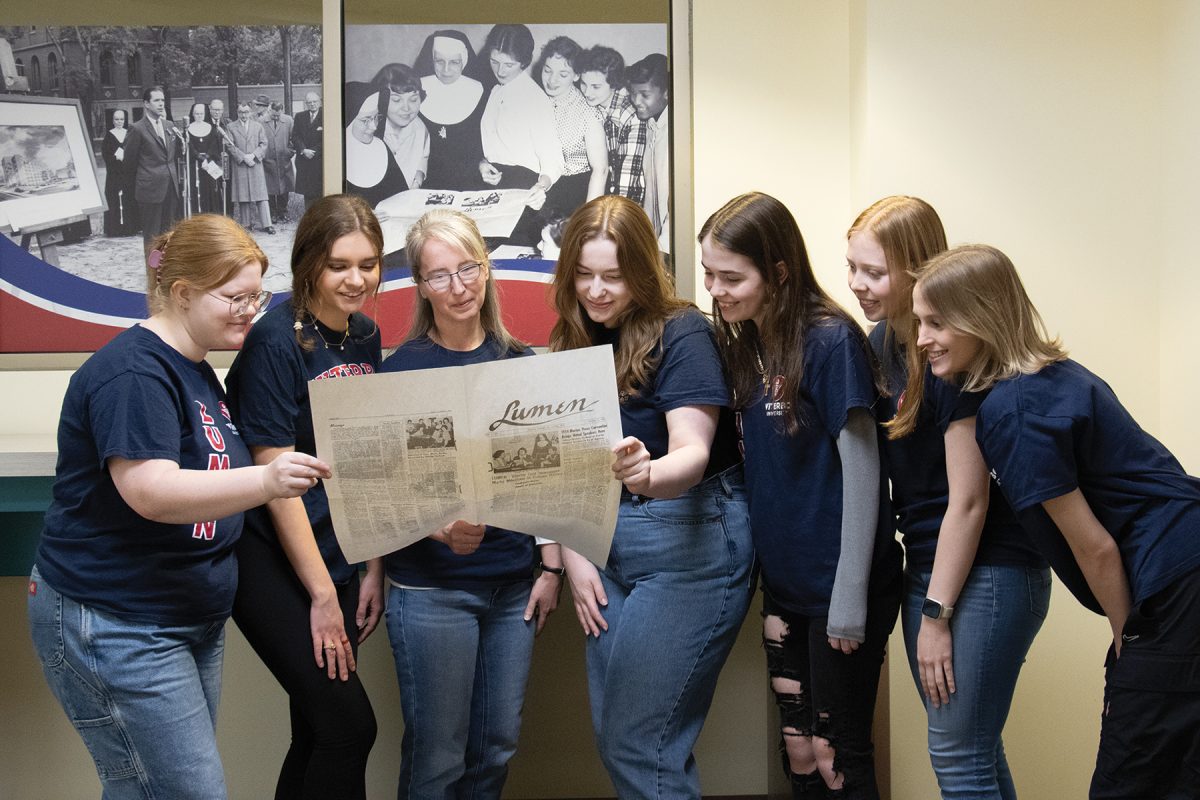The Parasocial Paradise
November 16, 2022
Parasocial relationships aren’t a new phenomenon. My own mother talks about her days as a Duran Duran fangirl, how she’d fawn over their posters and become invested in their lives. The very essence of celebrity culture hinges on parasocial relationships, those in which audience members extend their time, energy and love to someone who is unaware of their existence. We all know Jennifer Aniston’s face and name, but she’ll never text us to get a coffee or ask us about our day. We don’t actually know about their life—or at least, we didn’t.
The social boom of the 2000s has given way to a new age of parasocial relationships. Celebrities post about their personal lives, and fans are encouraged to engage with them in the comments. This back and forth compounds the parasocial issue. Celebrities’ posts are mixed in with users’ everyday friends and acquaintances, furthering the delusion that the “relationship” is just as regular as any old friendship.
YouTube’s rise in popularity since its launch in 2005 has spawned a subset of celebrities known as “influencers.” They portray themselves to be more relatable and accessible than traditional movie stars, and thus more appealing to the new generation of internet users. But the relatability and accessibility that generates their fame also makes them more susceptible to inadvertent online harassment.
In this digital age of social transparency, familiarity breeds false consent. It’s not uncommon to see fans of creators tease them on Twitter and in the comment sections of their posts. To the fan, it can just be seen as a friendly jab between buddies. But on the other side of the parasocial relationship, it’s just bullying. “Jokes between friends” don’t work when you’re not actually friends.
Young fans also tend to grow overly attached to their idols and take updates personally. Stand-Up Comedian John Mulaney, for example, gained a large following of young adult fans due to his three comedy specials on Netflix and his time writing for Saturday Night Live. His most devoted fans tended to be LGBTQ+ women, as he strayed away from the common “man who is annoyed by his wife” stand-up stereotype.
On Jan. 7, 2022, Mulaney announced that he and his wife Anna Marie Tendler were finalizing their divorce. Needless to say, fans were not too happy about this. “Love is dead” was trending on Twitter, and numerous TikToks were made about the updates. Most fans shared how it affected them personally and inserted their own anger into the situation. They reacted as if they actually knew him. But while those fans directed their anger towards Mulaney, other fan groups do the opposite. Some fans insist on defending their favorite celebrities against allegations of misconduct.
There’s an interesting microcosm taking place in Dream’s fandom. Dream is a content creator extremely popular for playing Minecraft on a live streaming platform called Twitch. According to Forbes, Dream has acquired some “5.6 million Twitter followers, 3.1 million Instagram followers and 30.4 million YouTube subscribers.” His fanbase is historically young, white, LGBTQ+, and tends to have neurodivergent tendencies or disorders. He has a long list of allegations, including racism, ableism and grooming. His fans are notorious for mobilizing and destroying people in defense of him.
Ro Ramdin, a YouTuber, recently put out a video essay titled “Dream: How Fans Handle Allegations,” in which she dissects the group’s inner workings. In talking to a current fan who is deeply invested in the community, she discovered that “the Dream community is incredibly wary of criticism because of the amount of harassment and death threats they have received over the years for a variety of things.” She continues, “It seems to me like the community has become reclusive and isolated as a defense mechanism which perpetuates itself as they create safe spaces to avoid attacks on their interests or criticism of them.”
So, when the foundations of their parasocial paradise are threatened, they go into defense mode. As Ramdin said, “that’s an aspect of this that makes it even harder for Dream’s fans to see potential misdeeds. The community they’ve built around him is so insular and strong. Attacks on the community feel like attacks on everything they’ve built and need to be resisted with maximum force.”
Parasocial relationships are easy. We get to pretend we have celebrity friends—pretend there’s a chance we’re noticed by the people we idolize. We exhaust ourselves into delusion, pouring our efforts and affections into a one-sided relationship. We go to war for those we’ll never know. We compromise ourselves because it feels like the right thing to do. But what are we really sacrificing? Who are we hurting? What does it take to be noticed?



